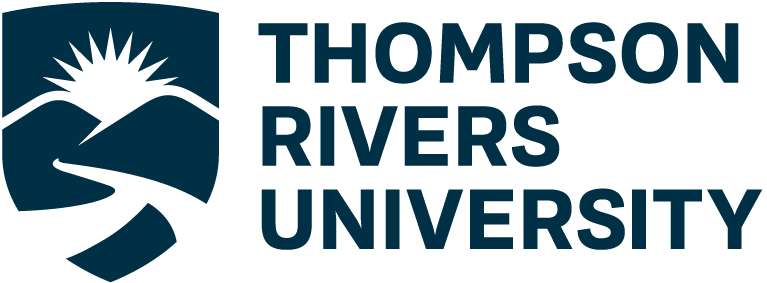BECOME: I’ve shared my work, now what?
Am I done with research after I’ve shared my knowledge?
That depends! What are you interested in? Are there still questions you want to answer? Are there other areas you want to explore with your newly acquired knowledge? Is there more to the project than you were able to explore in the time frame you were granted?
These are all important questions to consider, and the good news is that research is a cyclical process! The final stages of sharing your discoveries with others are often intertwined with future directions your work might take. Consider your personal goals when debating whether to continue with the same research or move onto something different – where do you want to go, and how can you leverage your knowledge and skills as a researcher to help get you there?
The world is your oyster, and your innate curiosity combined with research skills are resources that come in handy in any line of work. If you love research and want to pursue an academic career, you can leverage the resources and connections you’ve made so far to see what’s out there after you complete your program. If you’re looking to move onto something else, think of ways you can showcase your research experiences to highlight desirable skills such as critical thinking, problem-solving, communication, and technical expertise in your field! No matter what you choose to do next, what you’ve learned so far is incredibly valuable. Show it off to the world and have faith in yourself – you’re awesome, and the world is lucky to have you!

